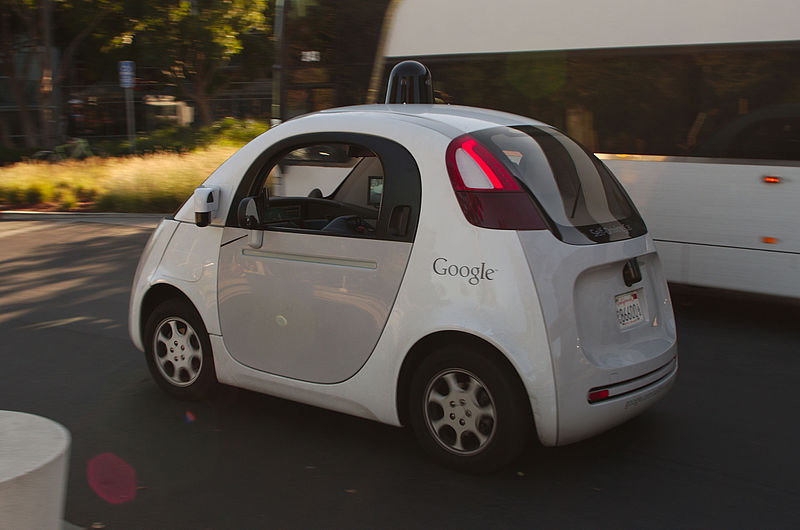Design and construction firms should keep abreast of the development of intelligent transportation systems (ITS), as the technology will have to be incorporated in physical infrastructure to realize its promise.
ITS, including self-driving cars, sensors, and other Internet of Things devices, must work in concert to reduce congestion on roads. The technology has to be able to communicate with city infrastructures and systems and with vehicles on the road.
Sensors must be embedded into new and existing roadways, buildings, posts, and signs that gather data from passing vehicles. ITS could also enable intelligent energy management platforms for buildings and cities through insights gleaned from traffic data.
ITS could also help firms identify new hot areas for retail or housing development based on spikes in traffic. In addition, when autonomous vehicles hit the roads in significant numbers, there could be less need for large parking lots and structures. It’s possible that some existing parking facilities could be repurposed for new buildings.
Related Stories
Codes and Standards | Oct 12, 2017
New AIA contract document designates responsibilities for sustainable projects
Roles of architects, contractors outlined in E204–2017.
Codes and Standards | Oct 11, 2017
Data, transparency are keys to next steps in green building, says USGBC chief
Monitoring and comparing performance are critical to advancing sustainability goals.
Codes and Standards | Oct 10, 2017
New guidelines for quality control on application of membrane roof systems released
NRCA document provides guidance for on-site evaluation.
Codes and Standards | Oct 9, 2017
New app calculates maximum allowable heights for building occupancy types, classes of construction
The app streamlines compliance on various types of construction.
Codes and Standards | Oct 5, 2017
California lawmakers pass bill that requires GCs to pay wages of sub employees if subs fail to pay
The measure will go into effect in January if the governor signs it.
Codes and Standards | Oct 4, 2017
Ambitious but realistic increase in clean energy would cut GHG emissions by 80% in the U.S.
NRDC report says goal can be achieved with existing tools.
Codes and Standards | Oct 3, 2017
Reducing duct leakage is focus on latest green building standards updates
ASHRAE 189.1 broadens testing requirements to include more types of ducts.
Codes and Standards | Oct 2, 2017
Nationwide retrofit strategy in Canada could cut 51% of emissions from large buildings
The roadmap provides government and industry with a targeted plan.
Codes and Standards | Sep 28, 2017
Resources available for new OSHA respirable crystalline silica regulation
NRCA offers compliance tools for contractors.
Codes and Standards | Sep 28, 2017
New tool compares HVAC system efficiency
IAPMO and Hydronics Industry Alliance unveil BEST to evaluate systems in early design phase.

















